Pension Provisions under Small Business Jobs Act of 2010
The Small Business Jobs Act of 2010 (SBJA) was signed into law on September 27, 2010. Although the primary focus of the SBJA was to expand the availability of credit for small businesses, there are two major provisions that will affect qualified retirement plans, 403(b) plans and governmental 457(b) plans. This article discusses the pension provisions of the SBJA.
Roth Contributions under Governmental 457(b) Plans. The SBJA provides that governmental 457(b) plans, which could not previously include a Roth option, will be permitted to receive Roth contributions, effective with the 2011 taxable year.
In-Plan Roth Conversions. The SBJA allows participants to transfer money from a pre-tax account to a Roth account within a “qualified” plan. For this purpose, a “qualified” plan includes a 401(k) plan, 403(b) plan and governmental 457(b) plan. Prior to the passage of the SBJA, a participant could rollover a distribution to an IRA and convert those amounts to a Roth IRA, but there was no ability to convert pre-tax amounts to Roth within the plan.
Under SBJA, a participant may elect to transfer his/her pre-tax account (including any employer/matching contributions) to a Roth account provided the following requirements are satisfied:
-
Availability of Roth Contributions. The plan must provide for a “Roth contribution program” in order to allow for a Roth conversion. A plan is not permitted to establish a Roth contribution program solely to accept Roth conversion transfers.
- In-Service Distribution Option. In order to be eligible for a Roth conversion, a participant must be eligible to receive an in-service distribution. An employer may amend the plan to add an in-service distribution option, including an in-service distribution option that is only available to the extent the employee elects to have the amounts transferred to the Roth account.
- Income Tax Consequences. A participant who elects to convert his/her pre-tax account to a Roth account will have to include such amounts in gross income. Such amounts will not be subject to the 10% early distribution penalty tax. In addition, since conversions would appear to be direct rollovers, mandatory 20% withholding should not be required with respect to converted amounts. If the transfer is made during the 2010 tax year, the amount of the transfer may be included in gross income in the 2011 and 2012 tax years, unless the taxpayer elects to include the entire amount in 2010 income. In future years, the entire amount of the transfer will be included in that year’s gross income.
Plan Amendments. The Roth conversion provisions are immediately effective, except for governmental 457(b) plans, which are effective in 2011. However, it is expected the IRS will provide remedial amendment period relief. IRS will likely provide that plans can be retroactively amended to comply with the Roth conversion rules, perhaps by the end of the 2011 plan year. However, even if the IRS allows for operational compliance and retroactive plan amendment, there are certain plan amendments that may be required before the end of the 2010 plan year if an employer wishes to implement the Roth conversion provisions. For example, if a plan does not currently offer a Roth contribution program, the plan may need to be amended before the end of the 2010 plan year to add the Roth provisions for the 2010 plan year. Adding a Roth feature to a plan is a discretionary amendment, so an amendment would be required by the end of the plan year in which the amendment is effective. Similarly, if the plan does not currently provide for in-service distributions, the IRS may require the plan be amended before the end of the 2010 plan year to authorize such distributions in order to utilize the Roth conversion provisions. More will be known once the IRS issues guidance regarding the amendment requirements for implementing the Roth conversion provisions.





